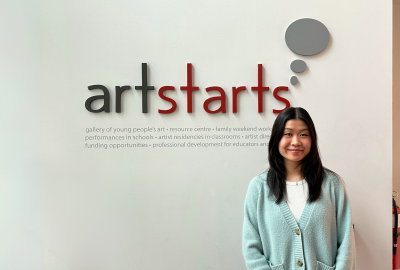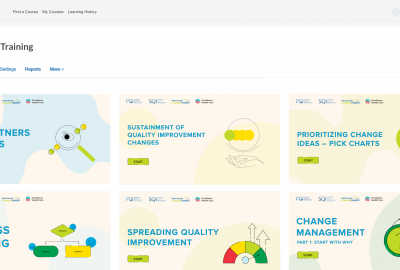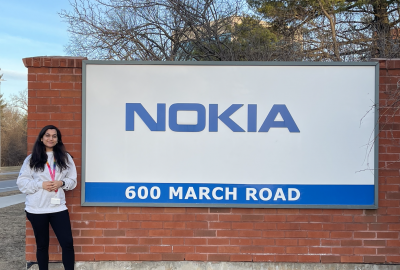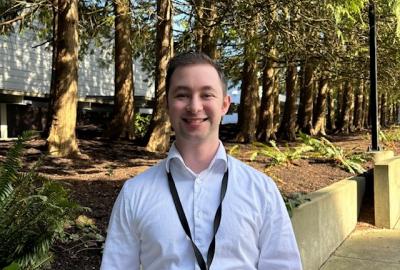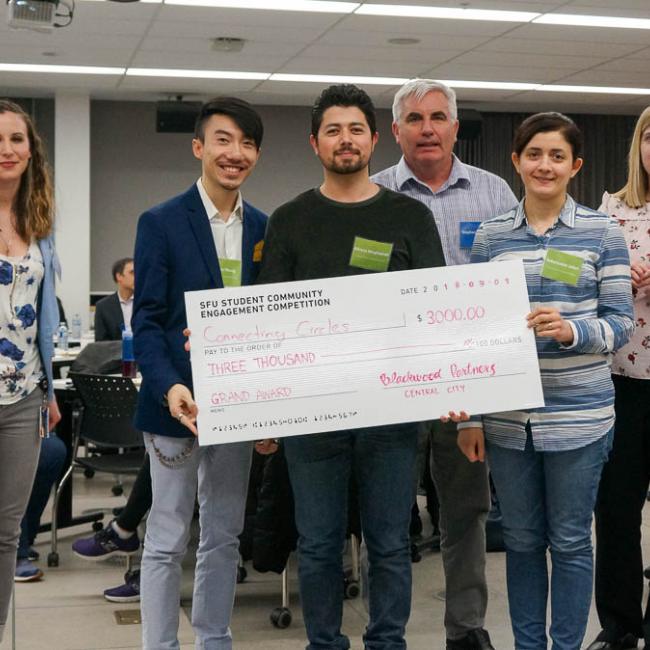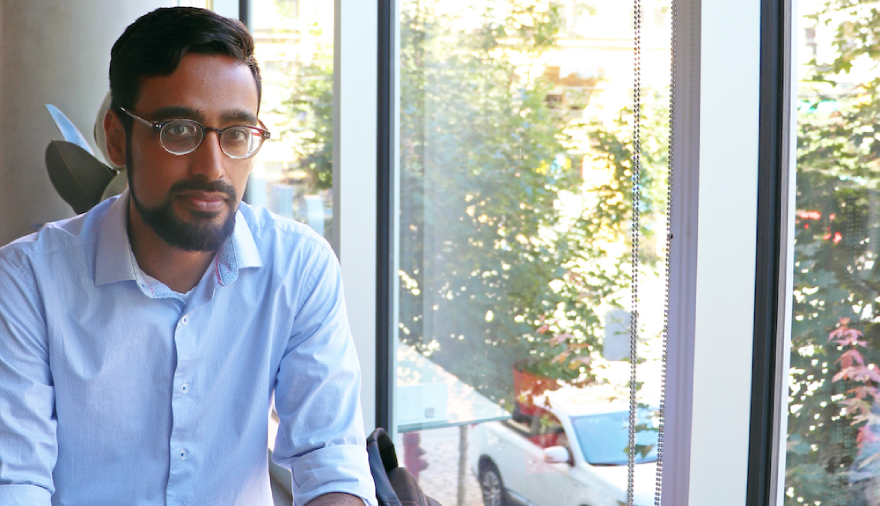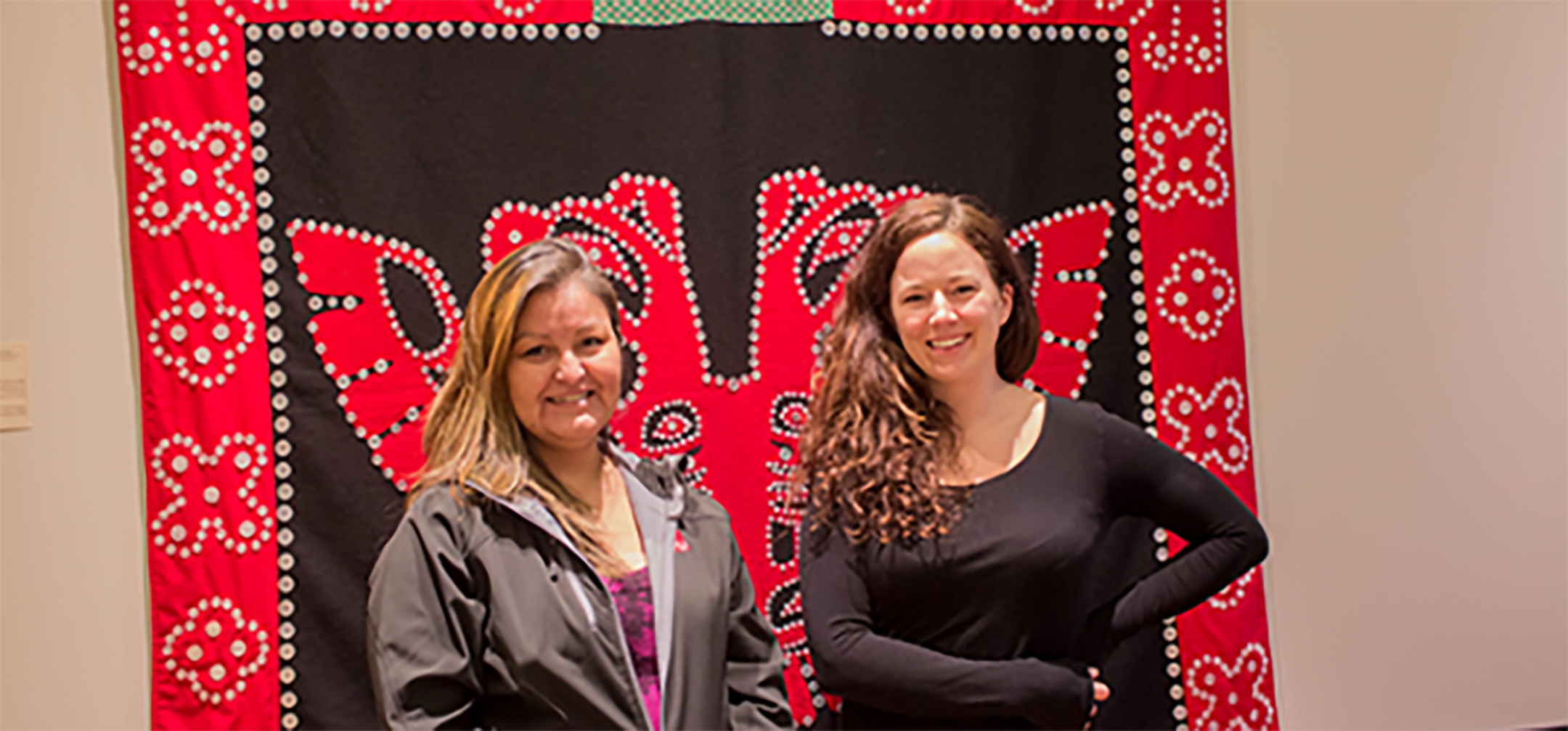
Nothing feels worse than interviewing for a position you really want and realizing that you’re unprepared. Good planning and preparation can make or break your interview. Here are five simple steps to help you get ready.
1. Prepare for the Interview Like it’s an Exam
Anticipate that your prospective employer will expect you to research their company prior to the interview. That being said, prepare to be asked questions that will test your knowledge of the organization and the field they work in. A company website is a good place to start, but consider that many organizations don’t update their websites every time they complete a project or even every time they release a new product. Think outside of the box and go beyond the website. Follow the organization's social media, check the news for developments in their field, and (if the organization is big enough) scan the web for press releases or interviews done with their CEO. You can learn a lot about the most current developments within a company by conducting a few simple Google searches.
Additionally, utilize the resources available to you as a co-op student. One big advantage you have is access to a very detailed and specific job description. As well as OLC articles and work term reports written by former co-op students, and the option to connect with students and alumni that have worked with the employer in the past. These resources are tailored specifically to co-op students and will give you a good idea of how to prepare for the interview.
Lastly, search the company on LinkedIn. You will get a sense of who works there, their background, and the range of the experience and qualifications that exist within the organization.
2. Practice, Practice, Practice
There is no better way to prepare for an interview than through practice. Answering interview questions effectively is an art form. Luckily, there are a ton of resources available to help you prepare. Take a look at the OLC interview question database for examples of all of the common and uncommon questions you may be asked during your interview. Once you’ve gotten an idea of the types of questions that may come up head over to InterviewStream to rehearse, record, and analyze your answers. Finally, book an appointment with your co-op advisor for some in-person tips and advice. A little practice will go long way in ensuring that you answer questions effectively.
3. Dress for the Job You Want
First impressions are everything. Thus, dressing appropriately for the job interview is a good place to start if you want to make a great first impression. A good rule of thumb is to dress slightly better for the interview than you would for the job. Wear business attire clothing that is clean and pressed. Go for a look that is sharp and professional but comfortable enough that you aren’t fidgeting (or sweating) during the interview. And, try to avoid wearing too much perfume or cologne – your employer could be allergic.
4. A Great Attitude Goes a Long Way
Every employer is measuring two things during your interview: ability and attitude. You will have the opportunity to highlight your abilities through the interview questions. But don’t forget to also demonstrate that you are confident and genuinely interested in the position. Before you head into the interview think of why you want the job, why you are passionate about the field, and how much you would enjoy working for the organization. Considering these things prior to the interview will help you convey passion and enthusiasm when you are answering questions. Be confident but relaxed and don’t forget to make eye contact.
It is rare for a candidate to meet every requirement outlined in the job description, or be able to answer every question perfectly. Therefore, when you are in the interview don’t focus on perfection. Rather, ensure that you convey an eagerness and willingness to learn while you identify the transferable skills that will help you adapt to the job. Hiring the candidate with the best attitude and strongest potential to learn is sometimes preferential to hiring the candidate with the most experience.
5. Come with Your Own Questions
It is important to always come to the interview with a few questions of your own. I have yet to attend an interview that does not end with, “Do you have any questions for us?”. This marks the point in the interview where the interviewer lets their guard down and allows you to take the lead. Take advantage of the opportunity. This is a good time to be strategic and learn about what to expect when you get on the job. Come up with at least three quality questions that demonstrate that you’ve thought carefully about the position. Not sure what to ask? Here are two good fallbacks:
-
Can you describe your perfect candidate for this positon?
-
What projects will I be working on if I get the job?
With these two questions, you will get a sense of the how and the what of your future position (i.e. how should I behave and what will I be working on). This will give you an idea of what your work load will be like, how to prepare for the job, and the qualities that will be most valuable to your future employer.
Beyond the Blog
-
Check out the Interview Question Database to help you prepare for your upcoming interview!

